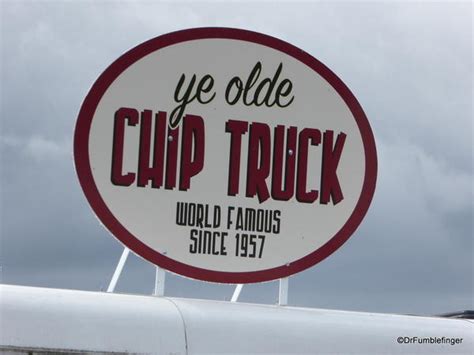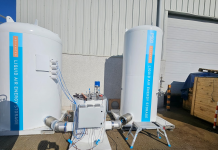Oil giant BP today boosted its portfolio of next-generation transport fuels, as it snapped up 30% of Green Biofuels Ltd (GBF), Britain’s leading supplier of fuels made from hydrogenated vegetable oil (HVO), the replacement for chip fat. No sums were disclosed.
To UK road hauliers and other customers, nine year old London-based GBF claims to have delivered over 55 million litres of HVO products since 2020. They can be used in diesel engines without modifications or additional spending, the firm says.
Vegetable oils of the hydrogenated variety present serious potential, say their advocates, to reduce emissions in many sectors. For transport fleets, construction companies and ship operators, HVOs can be a commercially viable alternative to carbon-heavy diesel.
GBF points to independent research that, by using HVO fuels, operators of diesel engines typically trim lifecycle carbon emissions by 87%. In-field and independent tests in controlled environments have shown, says the firm, that waste-derived HVO Gd+ can achieve up to 85% reductions in particulates, and up to 30% reductions of nitrogen oxides emissions.
Sven Boss-Walker, BP’s refining & products trading senior vice-president, was chipper about the deal:
“We are delighted to be working with Green Biofuels, who are at the forefront of HVO supply in the UK market, providing their customers with solutions to help them take steps to decarbonize today.”
Frying tonight, fuelling tomorrow
Green Biofuels CEO William Tebbit said: “Our mission is to support the net zero energy transition by providing an immediate solution that makes a difference to carbon and air pollution emissions today.
“Our fuels provide businesses with time to transition to new technologies when they are proven both economically and operationally.”
The investment follows others by the self-reforming fossil fuel giant, in its actions to help decarbonize hard-to-abate sectors such as road transport.
In December 2021 BP announced it had taken a stake in Gasrec, the UK’s largest dual provider of bio-liquified natural gas (LNG) and bio-compressed natural gas (CNG) to the heavy goods vehicles industry.
Reports remain to be confirmed whether investment advisors sealed the deal over a fish supper at 30 St Mary Axe, London, familiarly known as The Gherkin.





Producing biodiesel from vegetable oil from plants grown for this purpose is just as bad as growing trees to be used to make wood pellets to power boilers; both take up valuable agricultural land. A much better source of energy is biomethane produced by an anaerobic digester processing the vast amounts of organic waste produced on earth every day, with the biomethane used as feedstock for synthetic hydrocarbon production which does not require the use of new agricultural land.